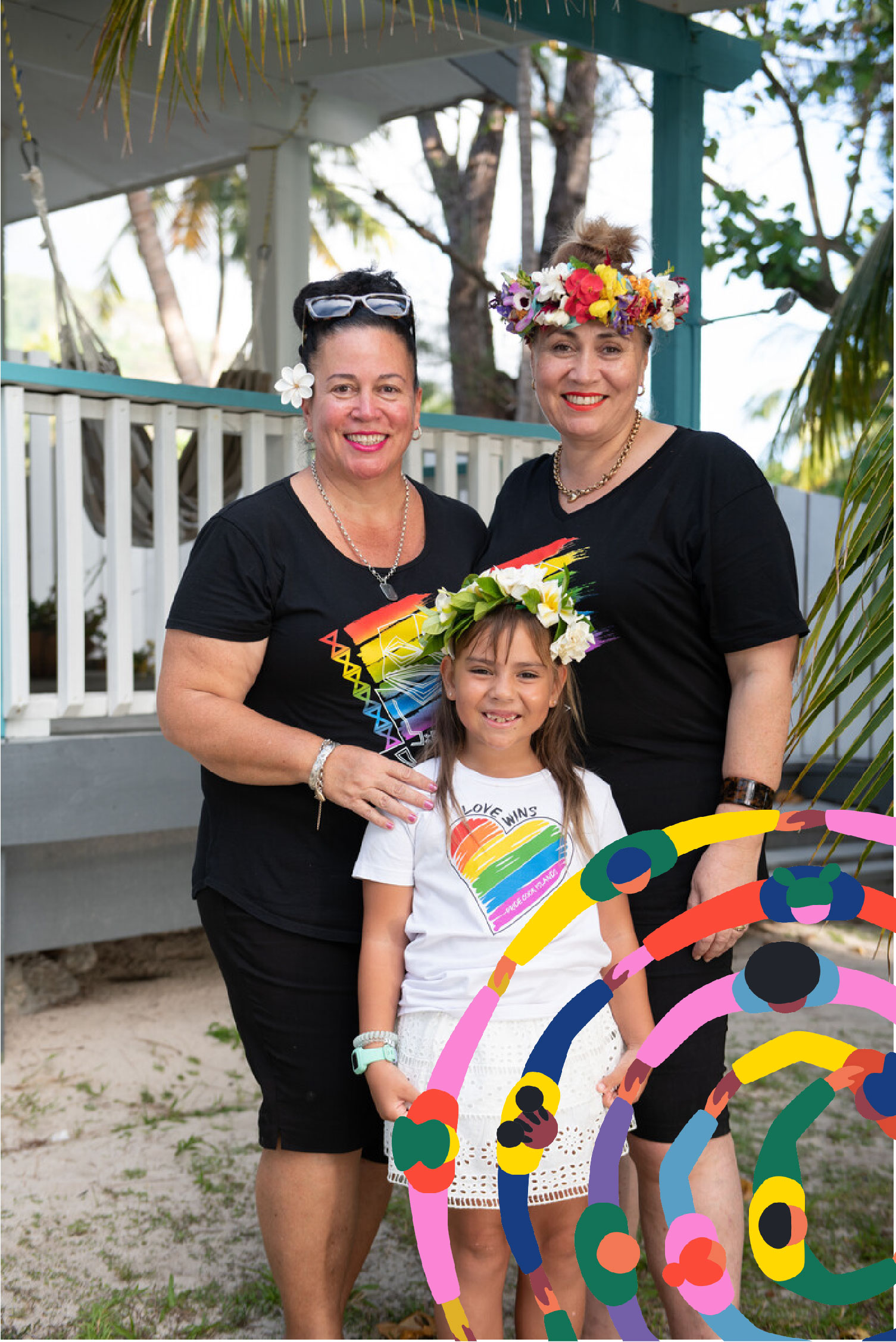Gender Equalityand SRHR
Why are sexual and reproductive health and rights essential to achieve gender equality?
Gender equality and the empowerment of girls and women will not be possible without the realisation of sexual and reproductive health and rights (SRHR).
SRHR is critical for women and girls in all their diversities to have healthy lives, to address violence and power relations in their lives, to be free to participate in social, economic and political life, and to freely make decisions governing their bodies. Barriers in access to services and information, especially for women and girls living in poverty or facing intersecting discriminations, impact on their ability to exercise free choice and participate meaningfully across social, economic and political life. Sexual and reproductive health services and information about sexuality are crucial to ensure the fulfillment of the right of sexual and reproductive self-determination for everyone, without discrimination on the basis of sexual expression, gender identity, gender expression or sex characteristics. For gender equality to be achieved, all women and girls, young people, LGBTIQ+ people, must have universal access to quality services, information and education regarding SRHR.

More work is needed for a gender equal world where SRHR are fulfilled
European governments have spent years pushing for gender equality and SRHR at home and in the international cooperation programmes they support abroad. Their priorities and tactics vary but cutting across all is the belief that SRHR are part and parcel of human rights and gender equality – as laid out in international and European human rights declarations – and core to public health and development.
But more work is needed to ensure we achieve a gender equal world.
We believe that when it comes to foreign and international cooperation policy, gender equality and SRHR are not add-ons tagged onto plans after everything else has been sorted out. They are the lifeblood of health, human rights and sustainable development. This is why we ask European governments to adopt an inclusive feminist foreign policy by placing women’s rights, gender equality and social justice at the heart of all external policies.
#AWorldWhere gender equality is possible is within our grasp. But we need to act now.
2154 this is the year we will reach gender equality at the current rate of progress. We can do better.
(Source)
